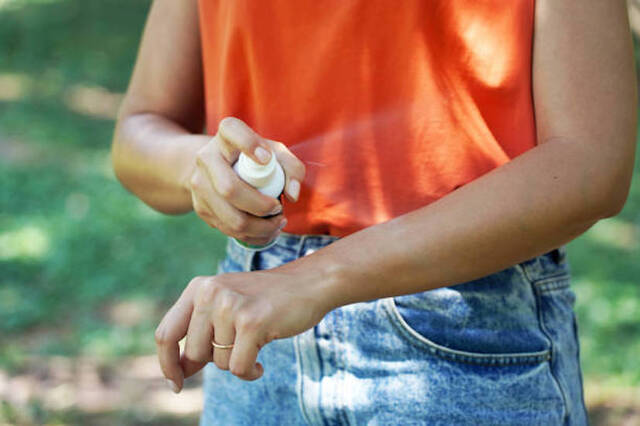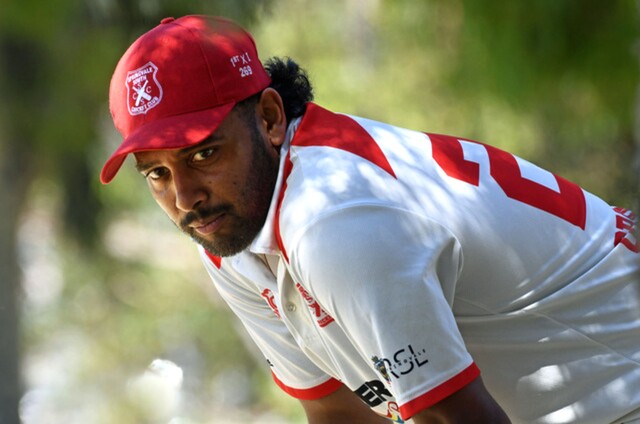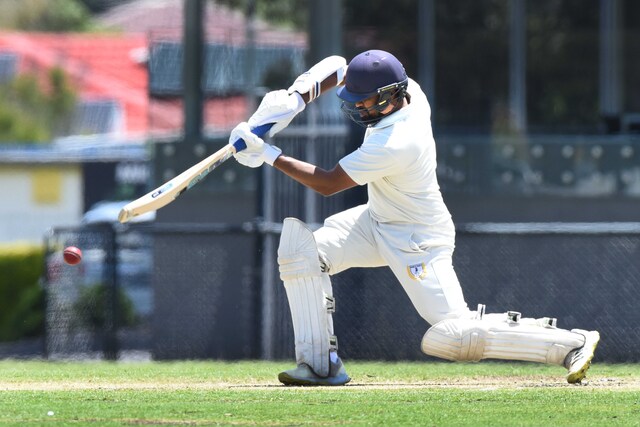Residents in Melbourne’s South East face a greater risk of contracting mosquito-bourne disesase, according to Monash Health.
Almost half of the cases of Buruli ulcer in Victoria occur in the South East, with recent warm and wet weather increasing mosquito numbers.
“Your only protection against mosquitoes and the diseases they can carry is to avoid mosquito bites,” said Professor Rhonda Stuart, who is medical director of public health and infection prevention at Monash Health.
Buruli ulcer causes an infection of the skin and soft tissue, which can develop into destructive skin ulcers.
There is strong evidence that mosquitoes play a role in the transmission of the disease.
More than half the cases in Melbourne’s south-east are on the Mornington Peninsula.
Meanwhile, mosquitos in regional Victoria can transmit Ross River virus, Barmah Forest virus and Murray Valley encephalitis.
Professor Stuart advised people to use personal insect repellents, cover up with long, loose-fitting, light-coloured clothing, and avoid mosquito-prone areas, especially at dusk and dawn.
“We urge residents and visitors to reduce mosquito breeding sites around homes and camp sites by reducing areas where water can pool – including pot plant containers, buckets, open tins or cans, discarded tyres and other untreated, freshwater pools.”
Professor Stuart said that Buruli ulcer was not fatal, but the infection could leave people with significant skin deformity and sometimes damage to limbs.
‘It can take several months for symptoms of Buruli ulcer to appear, meaning people bitten and infected in summer may not notice a lump on their skin until winter.”
The first sign of Buruli ulcer is usually a painless, non-tender lump, commonly on the arm or leg.
It is often mistaken for an insect or spider bite and is sometimes itchy.
It can take several weeks before the lump develops into an ulcer on the skin, which is when people often go to their doctor.
“The condition is curable and treated with antibiotics,” Professor Stuart said.
“But it is important that infections are diagnosed and treated early, otherwise infection can spread and take longer to treat and longer to heal.
“If left untreated, it can lead to severe skin and limb damage, so early treatment is vital.”

















